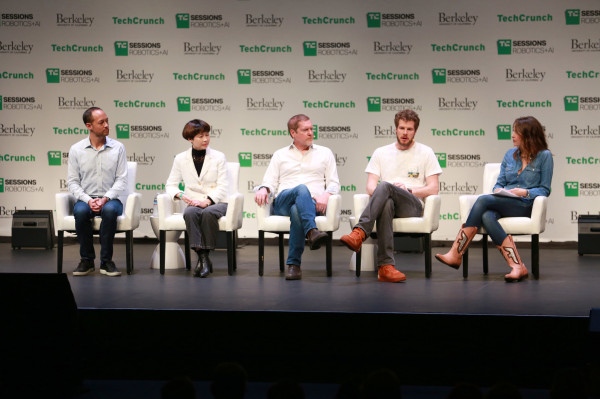Last week, Udemy, an online learning marketplace, raised $50 million at a $3.32 billion valuation, up from a $2 billion valuation earlier this year. Language learning app Duolingo raised $35 million on a $2.4 billion valuation, up from a $1.65 valuation from earlier this year.
The valuation bumps for both Duolingo and Udemy underscore just how much investor confidence there is in edtech’s remote learning boom. Today, let’s examine some lessons early-stage startups can learn from late-stage edtech.
Content is no longer king
Edtech startups that have figured out how to convey information while engaging users have a competitive advantage but, as the information economy booms, content is growing more and more commoditized. It’s an age-old question: Why would someone pay for information they could get for free on YouTube?
The solution for edtech businesses seeking growth is to make its content free and then charge for more specialized services. In Duolingo’s case, CEO Luis von Ahn says consumers are drawn to its freemium business model.
More than 97% of Duolingo users take lessons for free, but the remaining 3% account for nearly $180 million in bookings, a metric the company uses as a proxy for revenue. The company is “more than breaking even,” according to von Ahn.
Duolingo Plus, its paid product, is ad-free, offers offline access and more comprehensive tracking metrics. However, it’s not a world of a difference from the Duolingo free product — and that’s part of the point. Free users have saved the company paid acquisition, and widespread usage gives Duolingo insights on what they need to do on a week-by-week basis.










